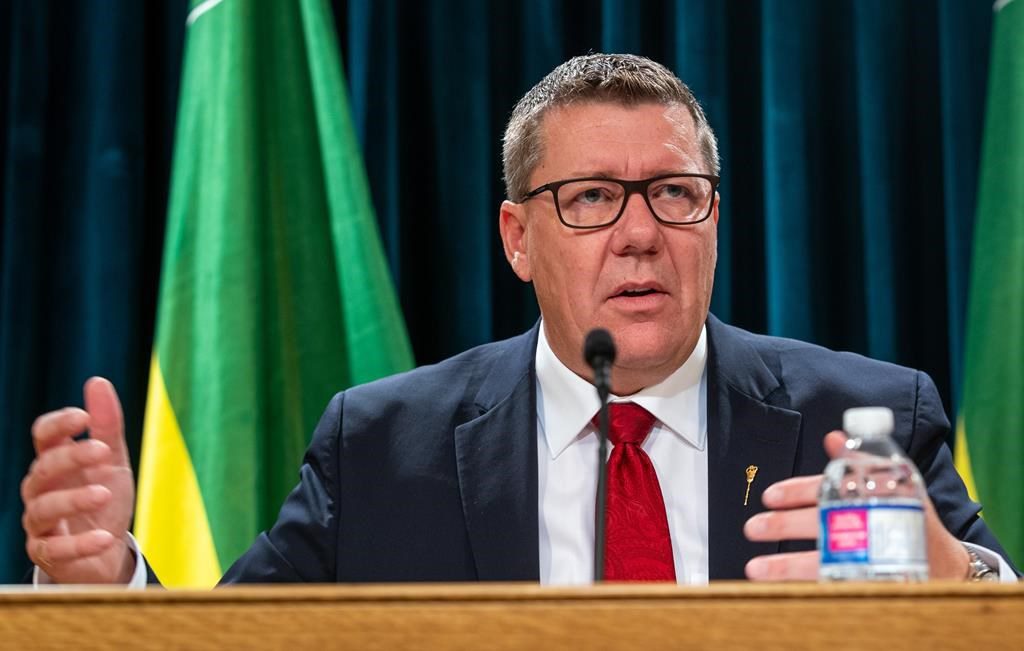The government announced the 2024-25 provincial budget on Wednesday, which includes a historic investment in education, health care, and community.
This year's budget will see a $1.5 billion increase in overall spending compared to last year, resulting in a $273.2-million deficit.
Saskatchewan Premier Scott Moe pointed out that the rising population is a key factor behind the rise in spending.
Moe mentioned the need for more classrooms and health-care facilities to accommodate the growing population, as well as the challenges of inflation and community growth.
Saskatchewan's population is expected to reach 1.25 million this year, marking a significant increase.
Moe emphasized that the challenges arising from the population growth are new for the province, comparing it to Alberta's similar experience in the 1950s.
Moe expressed confidence in the people of Saskatchewan to confront the challenges of growth rather than facing decline problems.
Economist Jason Childs believes that the budget for this year reflects the impact of population growth.
Childs stressed that if the population reaches the projected level, increased spending will be necessary, but it also means more revenue.
The government did not include any new taxes or tax hikes in the budget, asserting that Saskatchewan remains one of the most affordable places to live in the country.
The Saskatchewan NDP contends that the focus on health care and education in the budget may not suffice to retain residents, advocating for greater emphasis on affordability.
NDP immigration critic Noor Burki noted that while immigration has led to an increase in population, people are not staying in the province.
Burki highlighted that individuals arrive in Saskatchewan but leave within a few years due to the preference for areas with good health care and education, emphasizing the need for the government to address affordability.
According to Burki, the government neglected to take action on affordability in the budget despite its significance.



